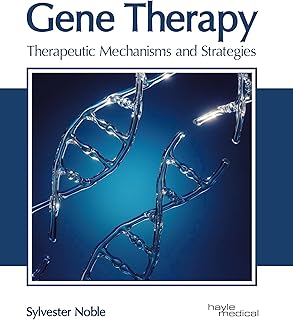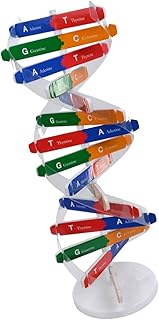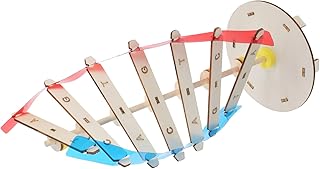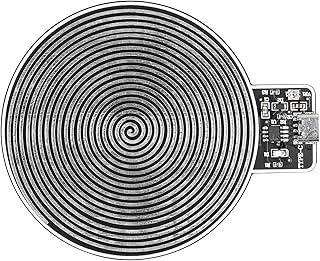A groundbreaking gene therapy for Huntington’s disease has shown promising results in slowing the progression of this fatal neurological condition. Researchers in the UK conducted clinical trials using a new gene therapy called AMT-130, which involves injecting functional DNA directly into the brain cells of patients. The study, led by experts at University College London, demonstrated a 75% reduction in the advancement of Huntington’s disease in some participants over a three-year period.
This innovative treatment approach represents a significant milestone in the field of medical research, offering hope for individuals affected by Huntington’s disease. While the results are yet to undergo peer review, the potential of AMT-130 to transform the treatment landscape for this debilitating condition is substantial. Dr. Ed Wild, a lead researcher at UCL’s Huntington’s Disease Centre, expressed optimism about the therapy’s prospects, suggesting it could become the first licensed treatment to effectively slow the progression of Huntington’s disease.
The implications of this gene therapy breakthrough extend beyond the realm of Huntington’s disease, signaling a new era in precision medicine and genetic treatments. Dr. Bryce Vissel, director of the Centre for Neuroscience and Regenerative Medicine at St Vincent’s Hospital Sydney, emphasized the importance of rigorous scientific scrutiny in evaluating the therapy’s long-term efficacy. He highlighted the need for further studies to validate the initial findings and ascertain the broader impact of gene-targeted treatments on neurodegenerative diseases.
Huntington’s disease, a hereditary disorder caused by a genetic mutation, poses significant challenges to individuals and families affected by its progressive symptoms. With no current cure available, the development of AMT-130 offers a glimmer of hope for improved quality of life and symptom management. Professor Julie Stout, an expert in Huntington’s disease at Monash University, underscored the importance of regulatory approval and accessibility of the treatment, particularly in ensuring equitable access for those in need.
As the medical community awaits further validation of the gene therapy’s efficacy, the potential impact on individuals living with Huntington’s disease is profound. The prospect of slowing disease progression and enhancing quality of life represents a transformative shift in treatment paradigms. Professor Stout emphasized the significance of incremental advancements in managing neurodegenerative conditions, highlighting the potential for individuals to lead more fulfilling lives with reduced symptom severity.
While the road to widespread implementation of gene therapies for neurological disorders may be complex, the progress made in the field of medical research heralds a new chapter in precision medicine. The convergence of cutting-edge technologies and scientific expertise offers a beacon of hope for individuals grappling with debilitating conditions like Huntington’s disease. As researchers continue to refine and validate these innovative treatments, the prospect of a future where genetic therapies can effectively alter the course of neurological diseases becomes increasingly tangible.
📰 Related Articles
- Ultrasound Therapy Shows Promise in Treating Liver Cancer: Study
- Novel Ultrasound Technique Shows Promise in Detecting Peripheral Arterial Disease
- Ultrasound Shows Promise in Treating Alzheimer’s Cognitive Function
- Ultrasound 3D Printing Inside Body Shows Promise for Biomedicine
- Transabdominal Ultrasound Shows Promise in Monitoring Pancreatic Lesions






